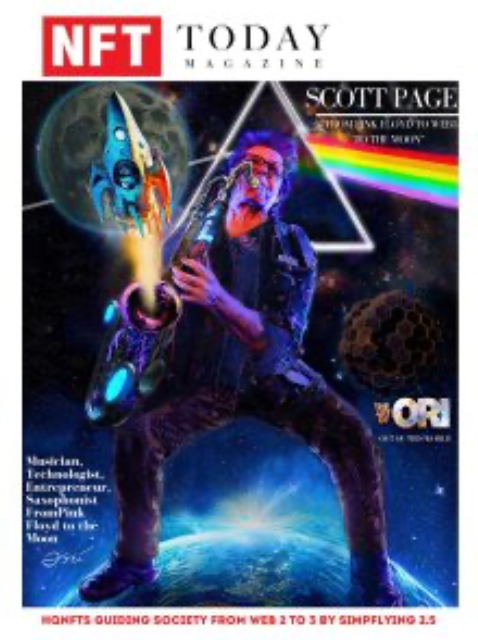The NFL’s Most Hated Teams Just Got Exposed and It Says More About Algorithms Than Football
Staff Writer • 2025-08-22
In a survey of over 3,000 NFL fans, the Dallas Cowboys and Kansas City Chiefs top the list of teams Americans most want to see lose this upcoming season. And while that stat alone might rile up Jerry Jones or Patrick Mahomes, the real story goes beyond touchdowns. It is about how tech, fandom, and algorithmic exposure are reshaping how we love and hate in sports. Fandom is no longer local. It is digital and driven by data We do not hate teams just because they beat us anymore. We hate them because we see them constantly. The Cowboys and Chiefs dominate broadcasts, short-form content, and algorithmically boosted feeds. Their players are on TikTok. Their games appear in endless clips. Their controversies turn into memes. All of this saturation creates friction. The more we see them, the more we form an opinion. Exposure breeds polarization. This is fandom shaped not by geography, but by engagement metrics. Social platforms have turned rivalries into engagement wars The Cowboys lead the hate rankings among men and older fans. The Chiefs top the list for women and younger fans. Why? Two words: Taylor Swift. The Taylor-Travis Kelce effect turned the Chiefs into a cultural event, not just a football team. For some fans, it was entertaining. For others, it felt like a distraction from the game. The result was a backlash against overexposure. What once felt like football purity now feels like influencer crossover content. The NFL is not complaining. More eyeballs mean more ad revenue and more reasons to push personality-driven narratives. But this also creates friction. Not everyone wants their Sunday football to feel like reality TV. Fans are gamifying their own pain The most bizarre data point? Chargers fans chose their own team as the one they most wanted to see lose. This is not self-hatred. It is frustration expressed through memes and sarcasm. Loyalty in the digital age is complicated. Fans now create content about their own teams losing, turning disappointment into engagement. Entire online communities exist to mock, critique, and ironically support struggling franchises. Platforms like Action Network are learning how to capitalize on this, turning fan sentiment into data and content strategies. Sports content today is no longer just about victories. It is about how people react, share, and spin those moments. Winning is nice, but likability matters more Buffalo, Detroit, and Kansas City led the list of teams fans could tolerate winning the Super Bowl, aside from their own. These teams are not just exciting. They have authentic vibes, strong narratives, and loyal communities. In today’s digital-first fandom, likeability can outweigh legacy. Teams that invest in community engagement, transparency, and storytelling are winning over casual fans even without rings. That has real value in the age of direct-to-fan monetization and digital collectibles.
See More Posts
A look at how NFTS, Web 3, Gaming, Cryptocurrencies and Blockchain are reshaping businesses across the globe.
@NFT Today Magazine


